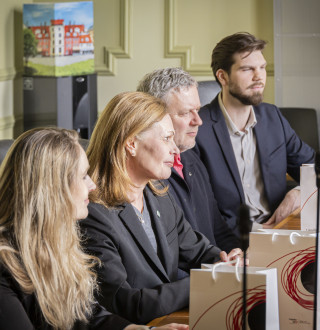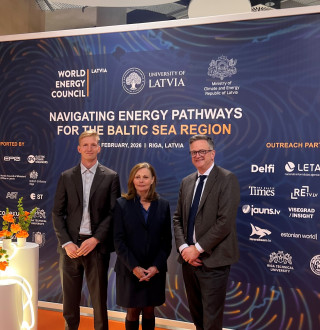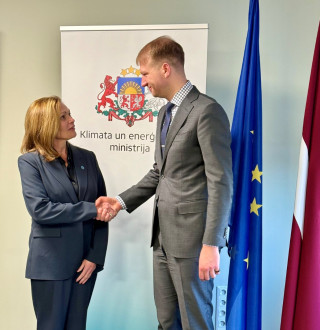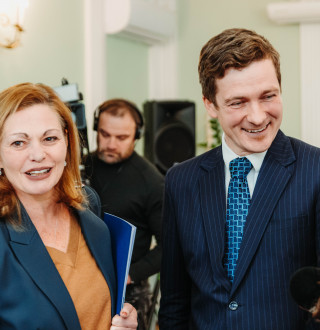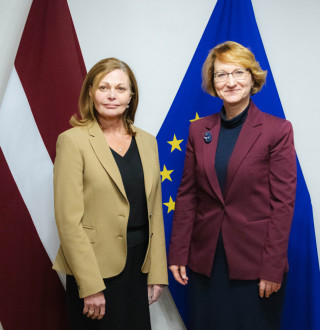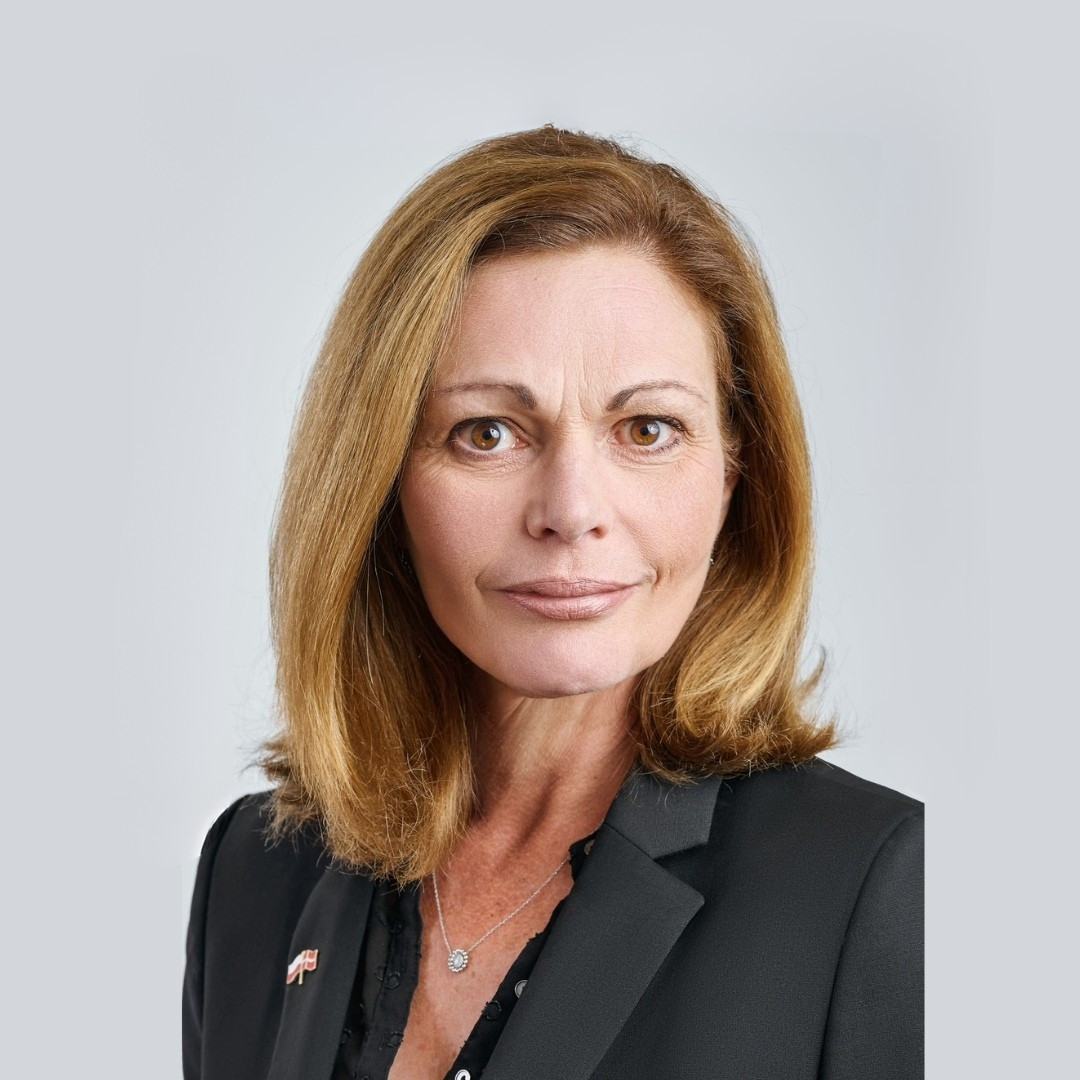As of September 1, Nina Hvid Enevoldsen will lead the Nordic Council of Ministers’ Office in Latvia. She has extensive experience in the Danish Foreign Service and previously was in charge of work on economic and trade policy at the Danish embassy in Poland.
Nina Hvid Enevoldsen has also worked in business, Danish public institutions and the EU Commission. In the new post, her focus will be on working together, not just in the Baltic Sea region but also with other European nations. Besides supporting democracy and sustainability processes in the country and promoting partnerships and collaboration between the Nordics, Latvia and other democratic European countries on energy security, resilience and critical infrastructure, women empowerment initiatives will also be an important pillar of her term in Riga.
“Hand in hand with our Baltic partners, I want to leverage our partnerships and Nordic solidarity to help build up a robust European democracy based on Nordic values. One way of doing this will be to expand co-operation with other European countries,” Nina says.
She is a strong community and social services professional with a Master of Public Governance focused on management from the Copenhagen Business School and a Master of Law focusing on intellectual property law and corporative company law from the University of Copenhagen.
Nina Hvid Enevoldsen will be succeeding the previous office Director Stefan Eriksson, who has been appointed the ambassador of Sweden to Kazakhstan.
About the Nordic Council of Ministers’ Office in Latvia
This institution is a representation of the Nordic co-operation and has been facilitating in Latvia since 1991 aimed at developing an even more democratic and robust Baltic Sea region. The Nordic Council of Ministers' Office in Latvia works with various cooperation projects and support programmes. Openness to new thoughts, ideas and partnerships is one of the fundamental principles of Nordic co-operation.
In 2025, the Presidency of the Nordic Council of Ministers is held by Finland and the Åland. It aims to focus on the security of society, inherent preparedness and resilience, and children and young people.
